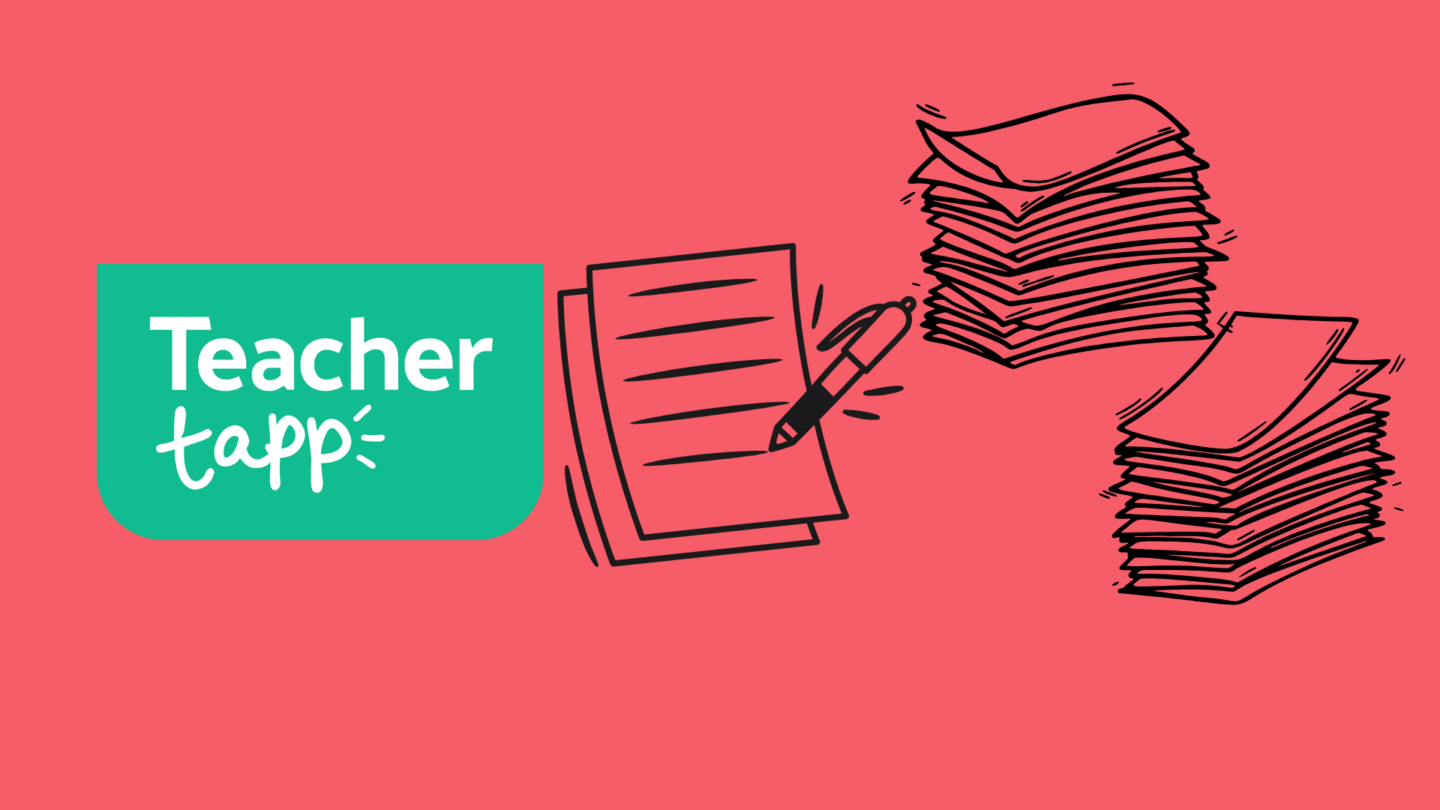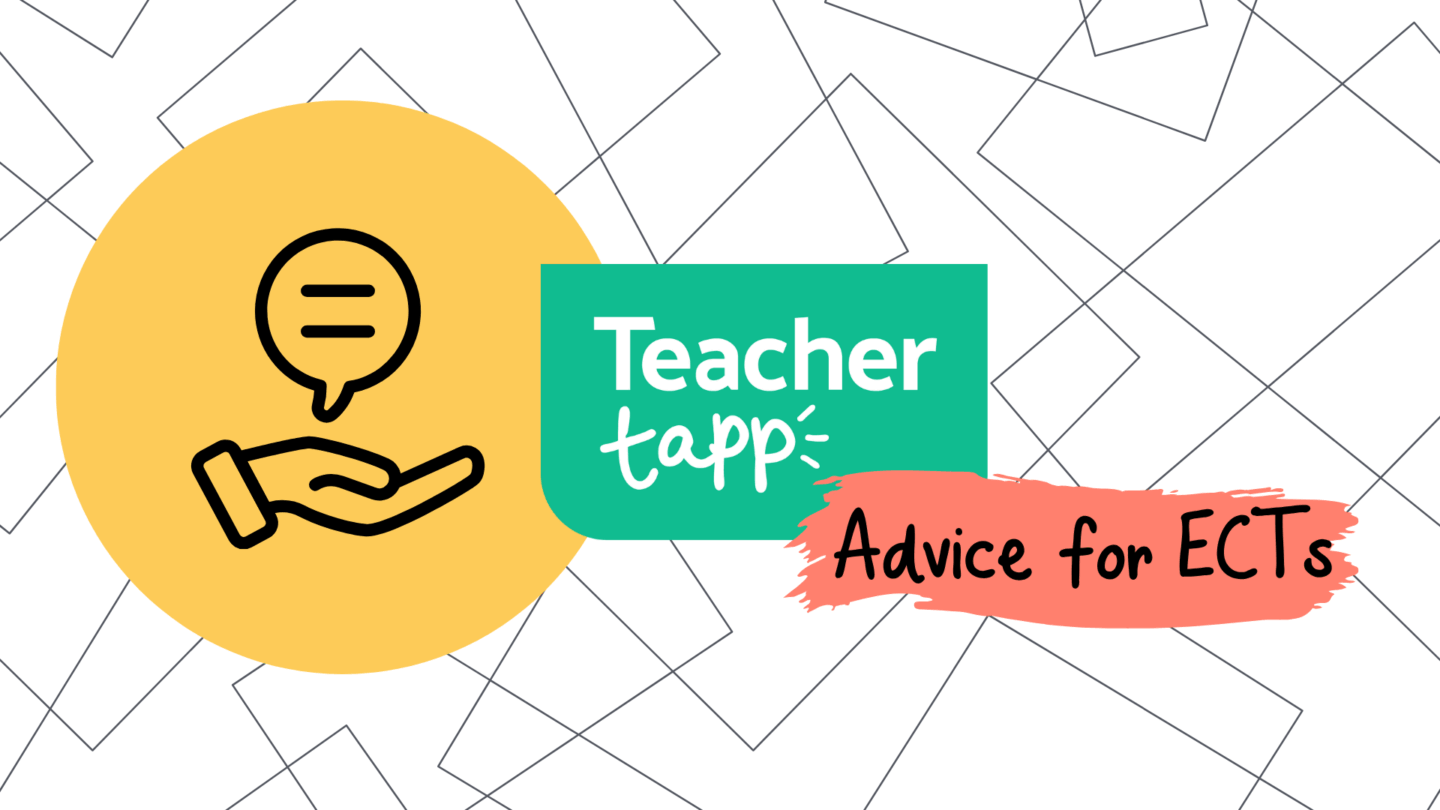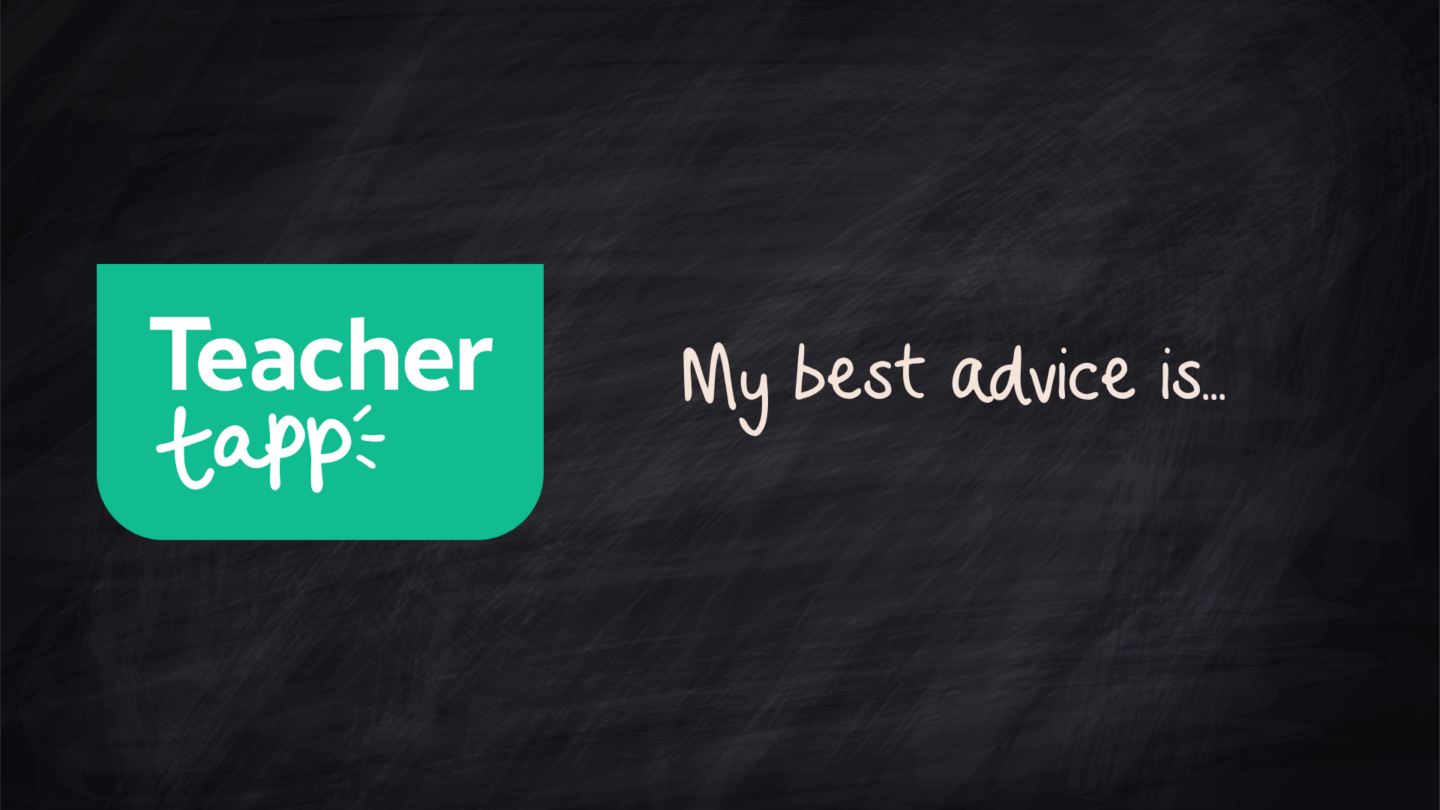1. If You Were Education Secretary For The Day…
A new week and a new government! And by some bizarre fortune, they’ve decided to appoint you as the new Secretary of State for Education. Congratulations! With all this new power, what sort of policies are you going to put into place?

The abolition of SATs and primary testing was the stand-out hit, with over half of teachers agreeing this should be implemented. Of course, just over half didn’t, so it’s not a shoo-in. (And we should all be afraid of almost 50:50 splits!)
The rate was much higher amongst primary teachers (60%) compared to just 35% among secondary teachers. Obviously it’s much easier for those who don’t have to teach for or administer the tests to allow them to carry on!
Returning academies to local authority remains popular. Given that three-quarters of teachers told us they would choose to work in a maintained school over an academy chain, we can see why.
2 . ‘Oh, You’re A Teacher?’
It’s the start of a party. You’re introduced to someone new. Inevitably the question of what you do for a living pops up.
“I’m a teacher” you say. How do people react to this revelation?

Curiosity is the most common reaction for teachers in their 20s, which then begins decreasing as teachers get older. Admiration also decreases over time.
However, it’s not that teachers in their 50s are getting mocked at much higher levels. What actually appears to happen is that people become bored with talking about jobs at all once they hit their 50s – presumably because the conversations have been going for over thirty years and careers can be quite lengthy to explain at this point. Once the boredom levels are taken into account there is mildly less admiration and curiosity, but not by as much as you’d think.
Unfortunately the question missed ‘Oh wow, you get loads of holidays’ – which is what everyone on social media said was a depressingly common response.
3 . Primary Teachers & The Art Of ‘Special Events’
The end of term is in sight and with it comes a hoard of events that disrupt your timetable. We asked primary school teachers how they feel about this and 83% said they prefer their routines to be free from such disruption.

BUT here’s the baffling thing – 84% of primary teachers also reported having no issue with disruptions to their routines in the run-up to Christmas.

Note the subtle change in wording though. One talks about special events and not being hassled. The other talks specifically about Christmas and factors in enjoyment. Ultimately, most teachers are creatures of routine and habit, because it minimises chaotic behaviour from the pupils. That said, most of us also like some seasonality and ‘specialness’, and Christmas is one of those rare times of year when everyone can enjoy some traditions which are outside of the norm.
‘Special events’ may not be liked by most teachers. But not all ‘special events’ are made equal. Add some tinsel, and the chances are the teachers won’t mind too much!
4 . Does The Primary Curriculum Get Pupils Secondary Ready?
A constant gripe in teaching is that the primary-secondary transition doesn’t work. Primary teachers are alarmed that their charges seem to go backwards in the first year at high school. Secondary teachers scratch their heads and wonder what primary kids have been doing for the past few years.
The answer is easy: look in the primary national curriculum!
If primaries are made to teach something, it’s fair to presume that it must be important for children to know before getting to secondary school. We therefore asked which items, taken directly from the primary curriculum, are “essential” for secondary school success.
BUT very few items proved to be popular, strongly suggesting that swathes of the primary curriculum don’t neatly connect with what is taught in secondary.

Indeed, the most popular answer was that none of these topics truly mattered for secondary school success! How can it be that we have primary schools tirelessly focused on teaching these things when, actually, they’re not that important?
Of course, there are subject differences. Humanities teachers (including geographers) were much more likely to think that naming continents and oceans were an essential skill compared to maths or science teachers. But, oddly, more humanities teachers than science teachers felt that magnetism was a vital concept to know. So possibly it’s just that humanities teachers are a bit obsessive about knowledge?
5 . Teachers Want LESS Autonomy On This One Thing…
Professional autonomy really matters to nearly all of you. But there’s one area where teachers actually want more rules and prescriptions from their bosses: behaviour management.

Most teachers are in favour of top-down direction on behaviour policies, ranging from detention length to the reasons why a student should be removed from a lesson.
Headteachers, in contrast, were less keen overall on formal specifications for student behaviour. Any ideas as to why? (Email hello@teachertapp.co.uk or get us on the usual social media channels).
The management and classroom teacher disconnect is further emphasised by the fact that a third of teachers believe that student behaviour undermines their appreciation of the job. For headteachers, it’s barely a concern. [The very light purple on the right for headteachers is ‘something not else listed’]

Headteachers were most despondent about the lack of recognition they receive from parents for their work, possibly because heads deal with many of the complaints and behaviour challenges!





